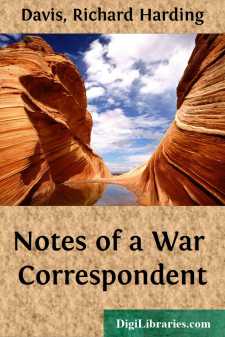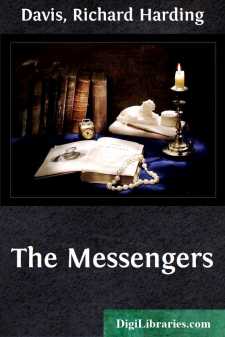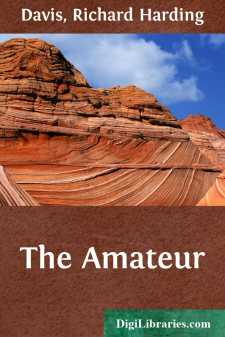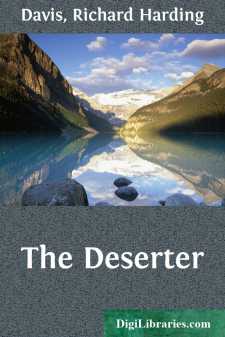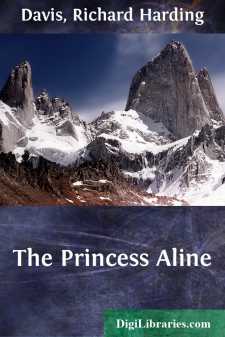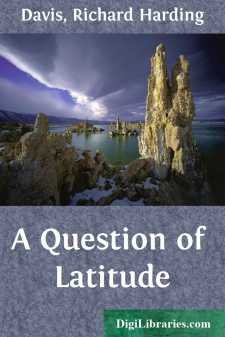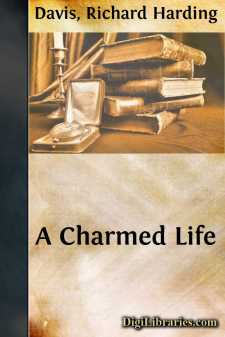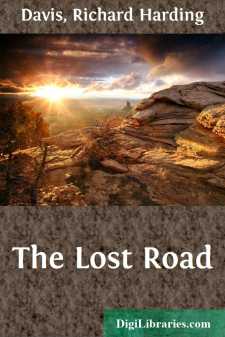Categories
- Antiques & Collectibles 13
- Architecture 36
- Art 48
- Bibles 22
- Biography & Autobiography 813
- Body, Mind & Spirit 138
- Business & Economics 28
- Children's Books 12
- Children's Fiction 9
- Computers 4
- Cooking 94
- Crafts & Hobbies 4
- Drama 346
- Education 46
- Family & Relationships 57
- Fiction 11821
- Games 19
- Gardening 17
- Health & Fitness 34
- History 1377
- House & Home 1
- Humor 147
- Juvenile Fiction 1873
- Juvenile Nonfiction 202
- Language Arts & Disciplines 88
- Law 16
- Literary Collections 686
- Literary Criticism 179
- Mathematics 13
- Medical 41
- Music 40
- Nature 179
- Non-Classifiable 1768
- Performing Arts 7
- Periodicals 1453
- Philosophy 64
- Photography 2
- Poetry 896
- Political Science 203
- Psychology 42
- Reference 154
- Religion 505
- Science 126
- Self-Help 81
- Social Science 81
- Sports & Recreation 34
- Study Aids 3
- Technology & Engineering 59
- Transportation 23
- Travel 463
- True Crime 29
Notes of a War Correspondent
Description:
Excerpt
Adolfo Rodriguez was the only son of a Cuban farmer, who lived nine miles outside of Santa Clara, beyond the hills that surround that city to the north.
When the revolution in Cuba broke out young Rodriguez joined the insurgents, leaving his father and mother and two sisters at the farm. He was taken, in December of 1896, by a force of the Guardia Civile, the corps d’élite of the Spanish army, and defended himself when they tried to capture him, wounding three of them with his machete.
He was tried by a military court for bearing arms against the government, and sentenced to be shot by a fusillade some morning before sunrise.
Previous to execution he was confined in the military prison of Santa Clara with thirty other insurgents, all of whom were sentenced to be shot, one after the other, on mornings following the execution of Rodriguez.
His execution took place the morning of the 19th of January, 1897, at a place a half-mile distant from the city, on the great plain that stretches from the forts out to the hills, beyond which Rodriguez had lived for nineteen years. At the time of his death he was twenty years old.
I witnessed his execution, and what follows is an account of the way he went to his death. The young man’s friends could not be present, for it was impossible for them to show themselves in that crowd and that place with wisdom or without distress, and I like to think that, although Rodriguez could not know it, there was one person present when he died who felt keenly for him, and who was a sympathetic though unwilling spectator.
There had been a full moon the night preceding the execution, and when the squad of soldiers marched from town it was still shining brightly through the mists. It lighted a plain two miles in extent, broken by ridges and gullies and covered with thick, high grass, and with bunches of cactus and palmetto. In the hollow of the ridges the mist lay like broad lakes of water, and on one side of the plain stood the walls of the old town. On the other rose hills covered with royal palms that showed white in the moonlight, like hundreds of marble columns. A line of tiny camp-fires that the sentries had built during the night stretched between the forts at regular intervals and burned clearly.
But as the light grew stronger and the moonlight faded these were stamped out, and when the soldiers came in force the moon was a white ball in the sky, without radiance, the fires had sunk to ashes, and the sun had not yet risen.
So even when the men were formed into three sides of a hollow square, they were scarcely able to distinguish one another in the uncertain light of the morning.
There were about three hundred soldiers in the formation. They belonged to the volunteers, and they deployed upon the plain with their band in front playing a jaunty quickstep, while their officers galloped from one side to the other through the grass, seeking a suitable place for the execution. Outside the line the band still played merrily.
A few men and boys, who had been dragged out of their beds by the music, moved about the ridges behind the soldiers, half-clothed, unshaven, sleepy-eyed, yawning, stretching themselves nervously and shivering in the cool, damp air of the morning....


